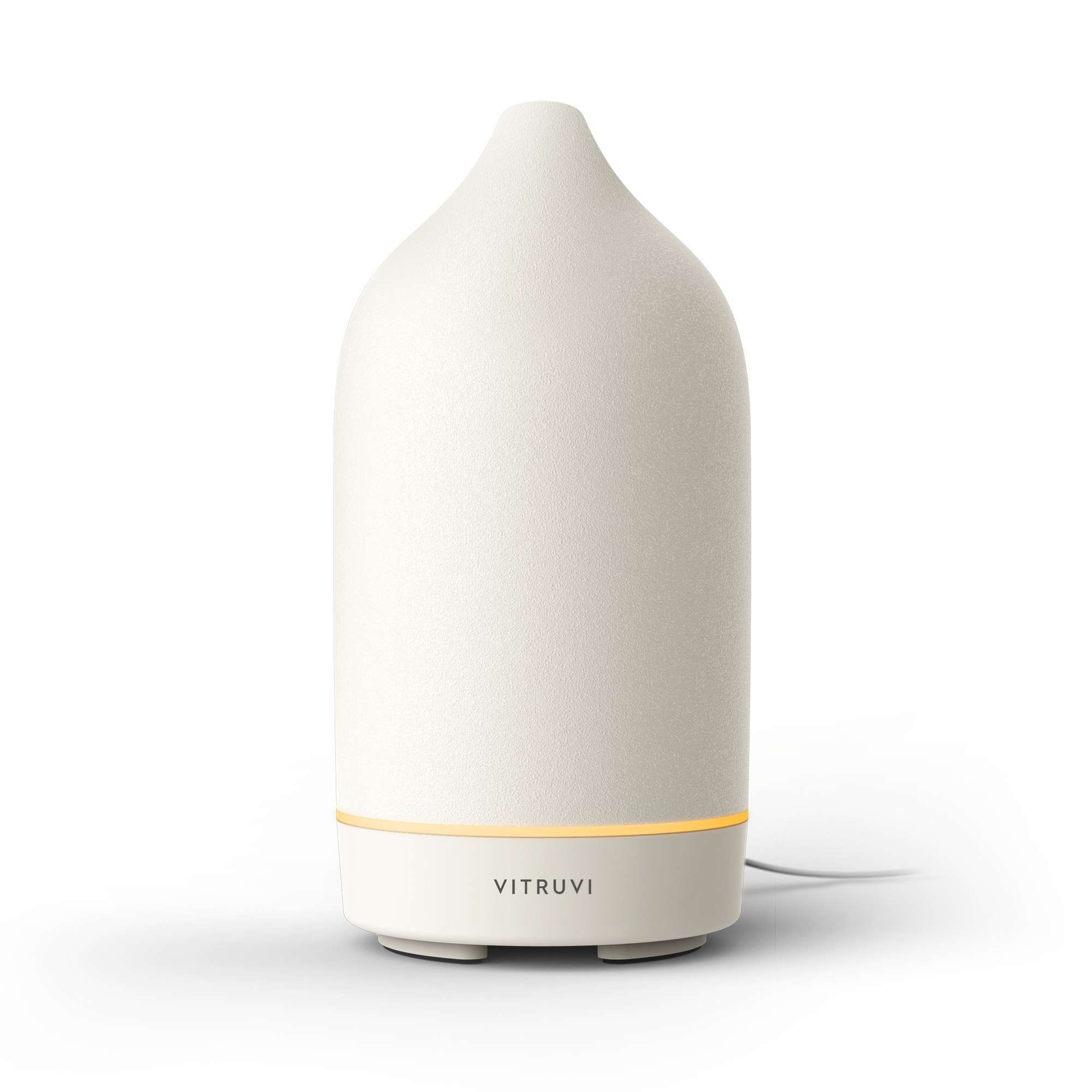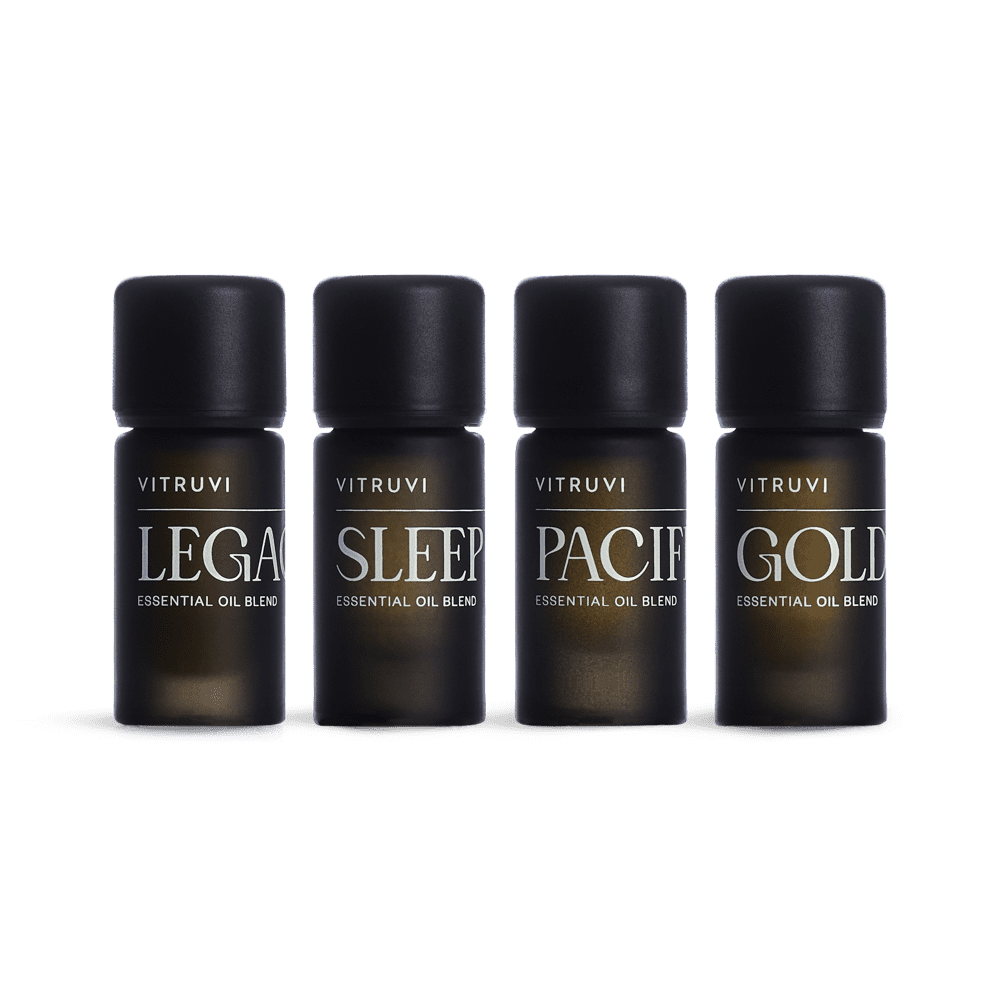When feeling felt jet-lagged, depleted, or on the verge of sickness, adaptogens may be the cure. Over time, this category of natural plants, fungi, and herbs can help you adapt to various internal and external stressors.
What are adaptogens?
The word “adaptogen” has proliferated the wellness world, but to be considered an adaptogen, a plant must meet the following three criteria. First, it needs to increase your non-specific resistance to stress, meaning targeting your body as a whole rather than one specific part. Second, it has to be habit-forming; third, it must be non-toxic.
How do adaptogens work?
Adaptogens help you deal with environmental and emotional stressors by modulating and normalizing your response to stress hormones when they’re out of balance. For example, if your body is normally used to a warmer climate and you travel somewhere cold, adaptogens can help you respond and recover to the shock in temperature change.
Danielle Ryan Broida, national educator for super-mushroom brand Four Sigmatic, likens adaptogens to cruise control. It’s as if “you’re driving on a freeway, and you set your cruise control to 60 miles per hour, but you start going a little bit higher. What these adaptogens do is bring you back down to that level.” The same goes for under-activity—Scott Linde, CEO and founder of adaptogen brand Sun Potion, says they help pick you back up when needed. “Over time,” he says, “they help to build, support, and augment the body’s already functioning systems to be able to do their jobs more effectively and easily.”
Adaptogen benefits
Not only does each adaptogen have specific benefits such as strength, immunity, or gut health, but the effect also varies for each individual. For example, if a person experiencing high stress takes a calming adaptogen like ashwagandha, it’s going to have more of an impact on her than it would on someone who is already feeling relaxed. When it comes to amount, Broida notes that there are a lot of variables like diet and exercise involved, but for most, “half a gram is a common dosage to begin with.”
Lion’s mane, reishi, and chaga
There are many different adaptogens, but among the most popular are reishi, chaga, and lion’s mane. Nicknamed the queen of mushrooms or the chill mushroom, reishi primarily helps reduce stress—and because stress has a whole breadth of underlying causes, Broida often recommends this chill mushroom as the one to start with. If reishi is the queen, then chaga is the king. Rich in antioxidants and popular with frequent fliers, chaga is your daily bodyguard because it helps build up your immune system. Lastly, known as the “think” mushroom, lion’s mane helps support productivity and creativity; Broida says “it’s like a hug for your brain.”
The taste of adaptogens can be described as earthy and sometimes bitter, which typically correlates with strength. Stephanie Park, founder and CEO of Wylde One, explains that in their adaptogenic elixirs, they add natural flavours and herbs to round out the taste. But when taken regularly, your palate may evolve. “What’s interesting,” Linde adds, “is people’s tastes change as their bodies start associating [it with] feeling good.
Adaptogens can be consumed as pills and tinctures, but the most common form is powder—specifically, extracted powders that “unlock the beneficial compounds and make adaptogens more bioavailable,” Park says. The extraction process is crucial because there’s something called chitin in the cell walls of mushrooms that the human body cannot break down.
Despite the highly lauded benefits, it’s important to keep in mind that adaptogens can’t make something out of nothing. If you don't have a healthy foundation first, they are not going to be the most effective (and of course, they do not replace modern medicine).
And at the end of the day, taking adaptogens is meant to be ritualistic. Linde explains that “these plant materials are best had in small servings on a daily basis, over an extended period of time.” The best way to incorporate an adaptogen into your life is as part of your existing schedule. “It’s challenging to make something sustainable that’s totally different than your normal routine,” Park asserts. So it’s good to do what will work for you, whether that’s mixing lion’s mane into your tea or blending ashwagandha into your smoothie.
It’s this ritual aspect that Broida says sparked Four Sigmatic to expand into the skincare space with a mask and serum to provide more ways for people to incorporate adaptogens into their routines. Youth to the People’s Adaptogen Deep Moisture Cream and Moon Juice’s Plumping Jelly Serum have also joined the ranks of adaptogenic beauty products. From stomach to skin, adaptogens are a nice option for people looking to make themselves feel good—naturally.











